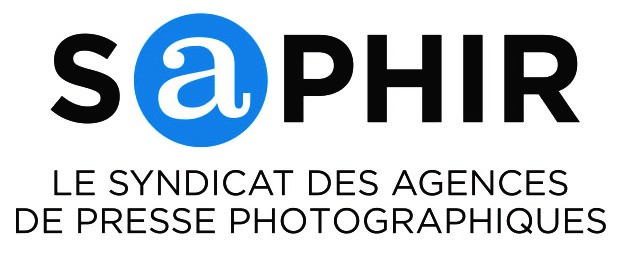Brussels, 13 October 2015
The European Commission will boost competitiveness by investing almost €16 billion in research and innovation in the next two years under Horizon 2020, the EU’s research and innovation funding scheme.
The European Commission will invest almost €16 billion in research and innovation in the next two years under Horizon 2020, the EU’s research and innovation funding scheme, following a new Work Programme for 2016-17 adopted today.
The new funding opportunities offered by the Work Programme are directly aligned with the policy priorities of the Commission of President Jean-Claude Juncker and will substantially contribute to the Jobs, Growth and Investment Package, the Digital Single Market, Energy Union and Climate change policy, Internal Market with stronger industry and making Europe a stronger global actor.
Carlos Moedas, Commissioner for Research, Science and Innovation said: “Research and innovation are the engines of Europe’s progress and vital to addressing today’s new pressing challenges like immigration, climate change, clean energy and healthy societies. Over the next two years, €16 billion from Horizon 2020 will support Europe’s top scientific efforts, making the difference to citizens’ lives.”
In line with Commissioner Moedas’ strategic priorities, Horizon 2020 will be open to innovation, open to science, and open to the world. The new Work Programme 2016-17 offers funding opportunities through a range of calls for proposals, public procurements and other actions like the Horizon Prizes, together covering nearly 600 topics. The programme’s structure is a reflection of the overall flexibility of Horizon 2020 which focuses on the EU’s long-term priorities and the most pressing societal challenges while allowing it to swiftly address emerging problems such as outbreaks of diseases.
The programme will support a range of cross-cutting initiatives: the modernisation of Europe’s manufacturing industry (€1 billion); technologies and standards for automatic driving (over €100 million); the Internet of Things (€139 million) to address digitalisation of EU industries; Industry 2020 in the Circular Economy (€670 million) to develop strong and sustainable economies; and Smart and Sustainable Cities (€232 million) to better integrate environmental, transport, energy and digital networks in EU’s urban environments.
In addition, at least €8 million in funding will be available for research on security of EU’s external borders to help identify and prevent human trafficking and smuggling; €27 million for the new technologies to help prevent crime and terrorism as well as €15 million for research into the origin and impact of migration flows in Europe. The new Work Programme will also build on successes in health research, such as the Ebola-related breakthrough discoveries already supported by Horizon 2020, by investing €5 million to respond to the critical outbreak of the damaging olive-tree pest Xylella fastidiosa.
The new Work Programme is also set on improving the impact of Horizon 2020 funding. First, it will ensure more money is available for innovative companies thanks to new leveraging opportunities supported by the European Fund for Strategic Investments (EFSI), in addition to over €740 million dedicated to support research and innovation activities in nearly 2000 small and medium enterprises (SMEs). More will also be done to improve synergies with other EU funding programmes, as stressed by President Juncker in his State of the Union speech, as well as support researchers in their applications with clearer guidance and impact criteria.
Background:
European Union’s research and innovation funding programme Horizon 2020 was launched on 1 January 2014. Over seven years €77 billion is being invested in research and innovation projects to support Europe’s economic competitiveness and extend the frontiers of human knowledge. The EU research budget is focused mainly on improving everyday life in areas like health, the environment, transport, food and energy. Research partnerships with the pharmaceutical, aerospace, car and electronics industries also encourage private-sector investment in support of future growth and high-skilled job creation.
More information:
MEMO/15/5832
Horizon 2020 Participant Portal
Horizon 2020: EU Member State Country Profiles and Featured Projects
IP/15/5831
|
Press contacts:
General public inquiries: Europe Direct by phone 00 800 67 89 10 11 or by email |








